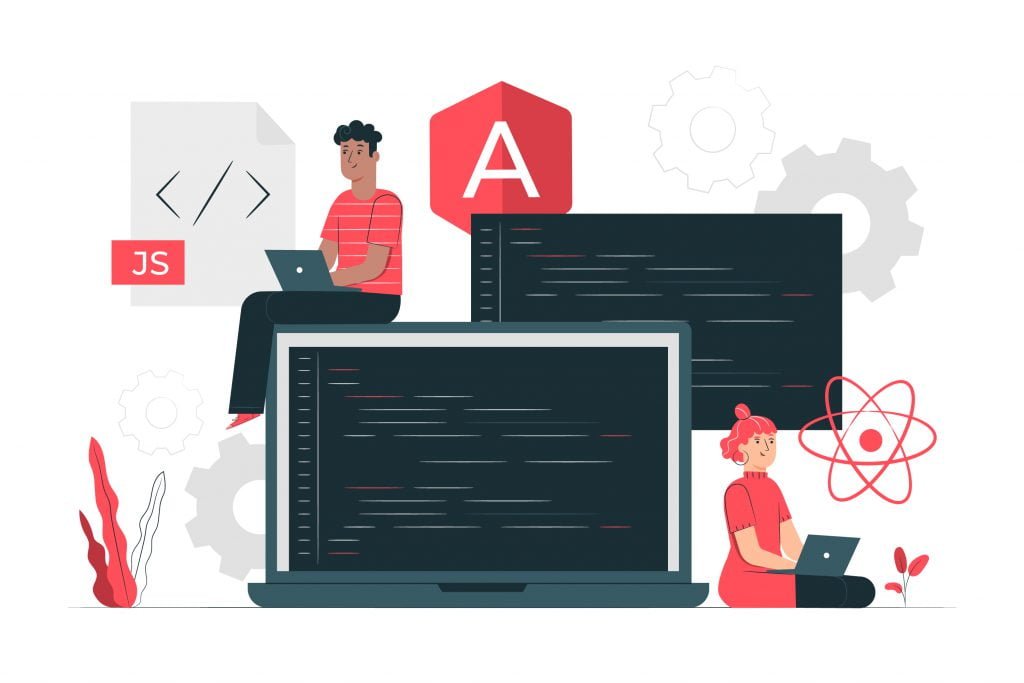Selenium: Selenium is an open-source framework that allows testers to automate web browsers. It supports various programming languages, including Java, Python, and C#, and can be used for web application testing across multiple browsers and platforms.
Appium: Appium is an open-source tool for automating mobile applications on Android and iOS platforms. It enables cross-platform testing and supports various programming languages, making it a popular choice for mobile app testing.
Test Complete: Test Complete is a comprehensive automation testing tool that supports web, mobile, and desktop application testing. It offers a user-friendly IDE, supports multiple scripting languages, and provides features for data-driven and keyword-driven testing.
Robot Framework: Robot Framework is an open-source, keyword-driven automation framework that is highly extensible. It supports both web and mobile application testing and can be integrated with various testing libraries and tools.
Jenkins: Jenkins is an open-source automation server used for continuous integration and continuous delivery (CI/CD). While not a testing tool itself, it can be used to automate the execution of test scripts and manage the testing process as part of a CI/CD pipeline.
Cucumber: Cucumber is a widely used tool for behaviour-driven development (BDD) testing. It allows testers and developers to write test scenarios in plain text and then automate them using various programming languages like Java, Ruby, or JavaScript.
Postman: Postman is a popular API testing tool that allows testers to create and automate API requests and test the responses. It includes features for manual testing, automated testing, and performance testing of APIs.
JIRA: While primarily known as a project management and issue tracking tool, JIRA can be used for test case management and test execution tracking. It integrates well with other testing tools and offers collaboration features.
Katalon Studio: Katalon Studio is a test automation tool specifically designed for web, mobile, and API testing. It offers a user-friendly interface, supports multiple programming languages, and provides built-in test reporting.
Sauce Labs: Sauce Labs is a cloud-based platform for automated testing of web and mobile applications. It provides a wide range of virtual devices and browsers for testing, making it suitable for cross-browser and cross-platform testing.



